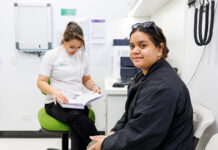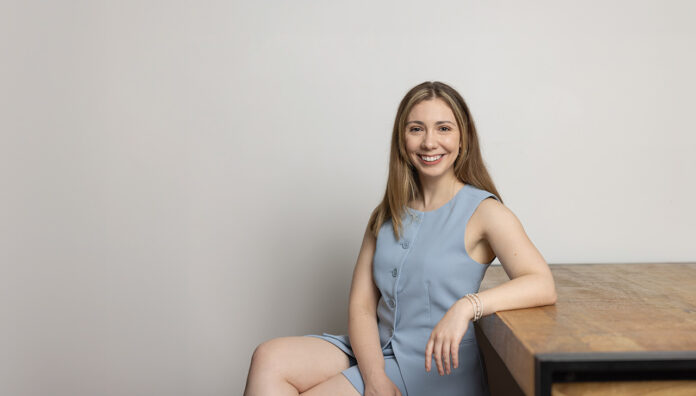Maria Cooper MPS, PSA’s South Australian Early Career Pharmacist of the Year, is on a mission to improve the mental health and job satisfaction of young pharmacists.
What led you to pharmacy?
I’ve always loved science – and to talk! Growing up, my mum was a pharmaceutical scientist working in a laboratory. I wanted to work in the sciences just like her. One of the things that drew me to pharmacy was that every day could be different. I liked the potential to solve a different problem each day, and to see how your efforts made a positive impact on your community. It always brought me so much joy to hear that my advice directly allowed people to become happier, more confident and informed about their health.
Why focus on mental health in the pharmacy profession for your research?
In my undergraduate days, I remember being told that if going into research, you have to be passionate about the subject matter to succeed.
Working in community pharmacy full time during the height of the COVID-19 pandemic inspired me to apply for this PhD project. I had only been a registered pharmacist for about 5 years, but I was already feeling extremely burnt out, taken for granted and unappreciated in my role.
At the time, I was also working towards my Master of Clinical Pharmacy online through the University of Queensland, and despite it being hard work, it turned out to be a blessing in disguise. We were involved in a lot of group assignments with weekly Zoom study groups. Over time, the study sessions turned into an informal peer support space.
We shared how we were feeling and what we experienced at work that week. Then, we spent time building up and reassuring each other before we started to work on our project.
These conversations made me think about how important mental health was for pharmacists, and how many of us were silently struggling with burnout, especially during 2020 and 2021.
Tell us about the peer support program you developed.
Everyone in a peer support environment gains something through involvement, just by being in a space where they are not alone in their experiences.
There is a degree of separation between the participants; while everyone involved is an ECP, they don’t work at the same place, so they can talk about things going on at work that they might not feel comfortable sharing with colleagues.
I’ve seen the development of some tight-knit groups of pharmacists who might have never have met otherwise.
It’s been great to see how these connections have fostered a sense of support and camaraderie within the profession.
Engaging in a peer support program together will really benefit these pharmacists as their careers progress.
What did your research reveal about workplace stress among ECPs?
My research has shown that ECPs consistently experience moderate levels of stress, but these levels are higher in younger pharmacists and those who have registered more recently.
Overall, job satisfaction has remained ambivalent throughout the three cohort studies I have conducted. ECPs generally enjoy the nature of their work and relationships with colleagues, but have more dissatisfaction with workplace operations, including remuneration and contingent rewards. I’m working on a more in-depth interview project, hopefully to explore more about what facets of the pharmacy profession bring ECPs the most joy, as well as the most feelings of stress.
What ‘s your self-care advice for ECPs?
Remember: as a pharmacist, you cannot provide the best level of care when you are not cared for. Set boundaries. Don’t spend all your time at work. Go out with friends.
Keep up a regular hobby. Use annual leave to do things that bring you joy and relaxation. I still work part time as a community pharmacist, and love it more than ever. Taking time for my own rest and hobbies, when I work in the pharmacy now, I have more patience and kindness to impart to the people I’m helping. New graduates: you won’t know everything right away. But it’s okay! Ask for help.


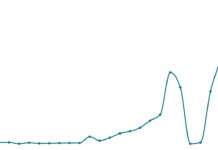
 Professor Anthony Lawler, Australian Government Chief Medical Officer,
Professor Anthony Lawler, Australian Government Chief Medical Officer, 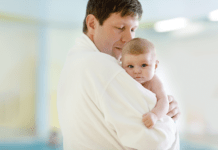
 This CPD activity is supported by an unrestricted education grant by Reckitt.[/caption]
This CPD activity is supported by an unrestricted education grant by Reckitt.[/caption]
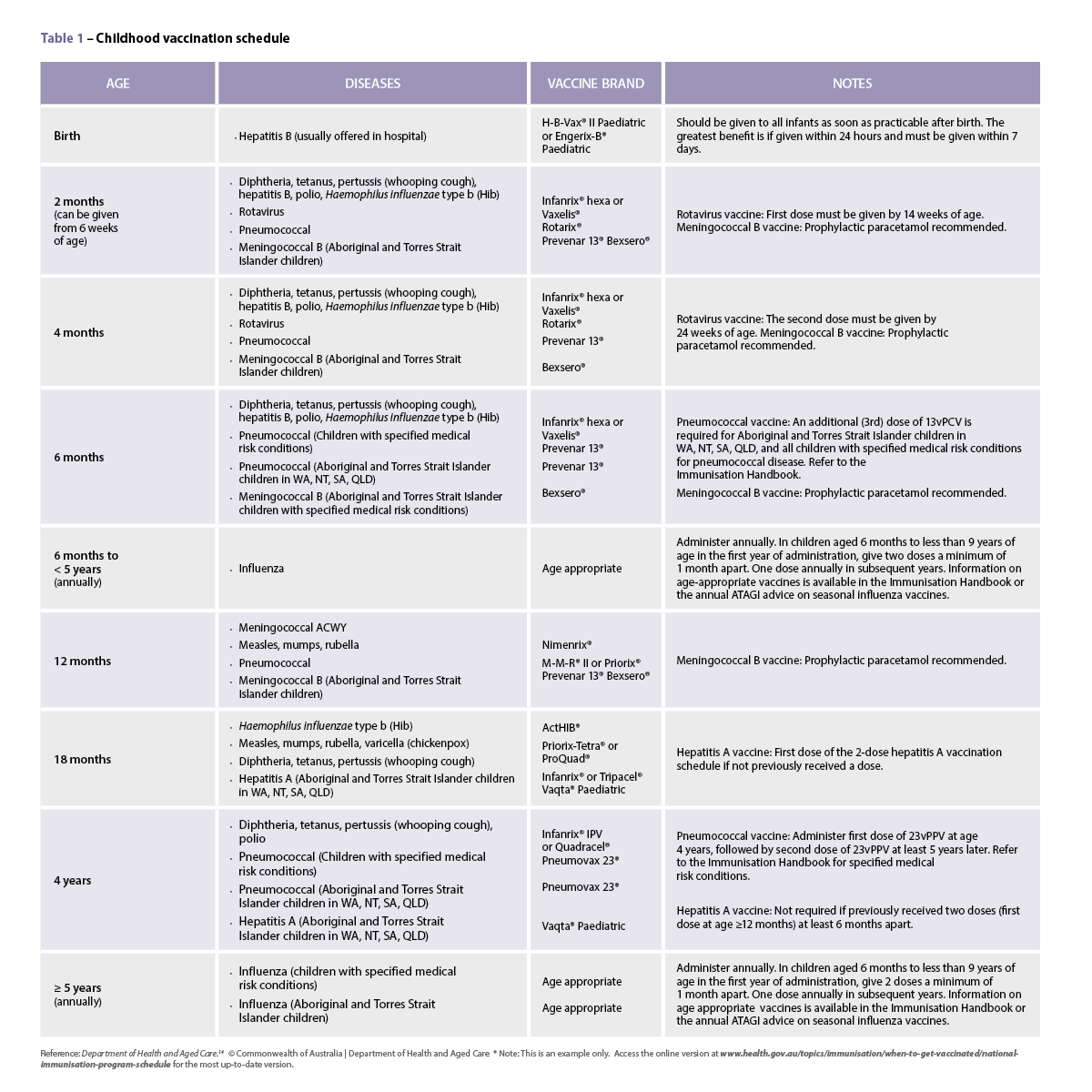 Case scenario
Case scenario
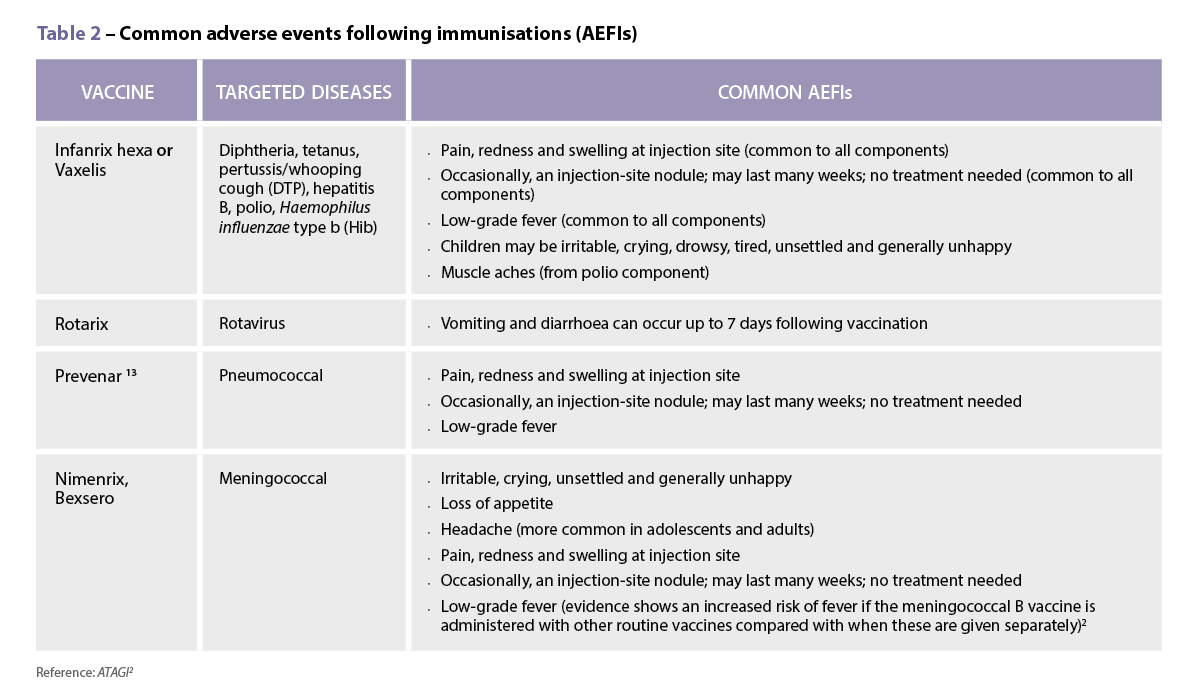
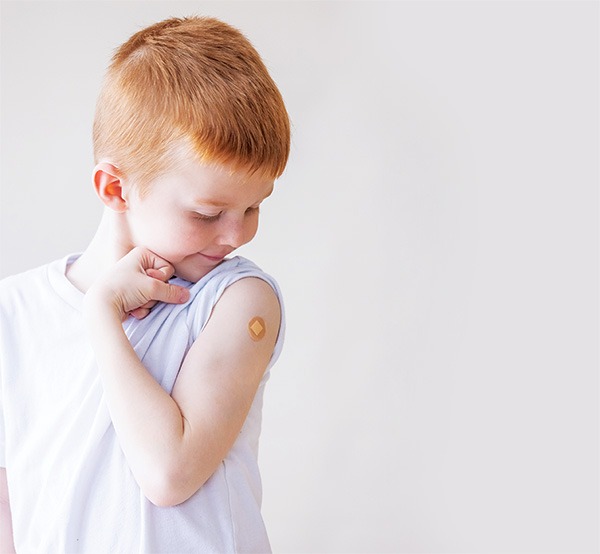
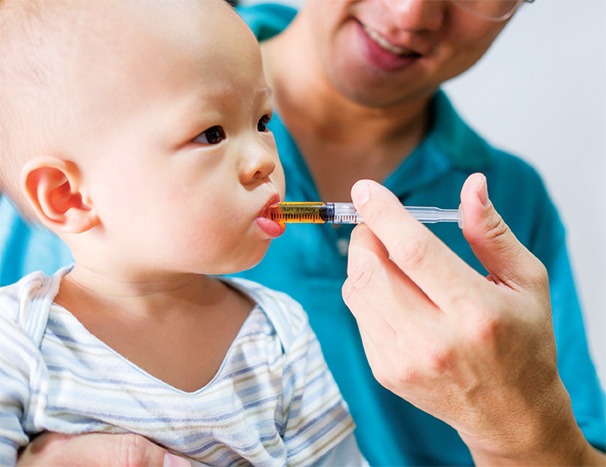


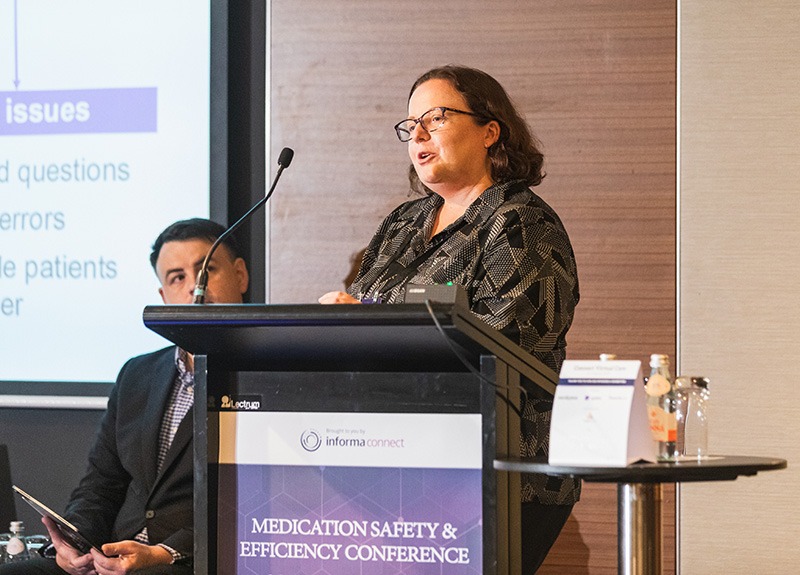 Jess Hadley, community pharmacist and Professional Officer at PDL[/caption]
Jess Hadley, community pharmacist and Professional Officer at PDL[/caption]
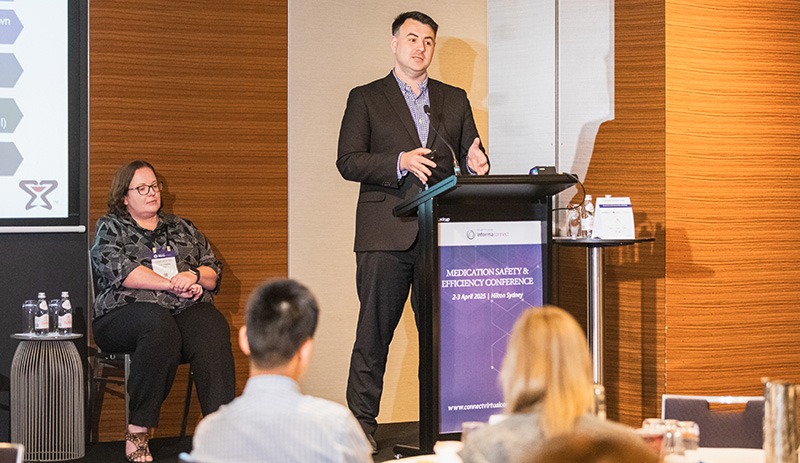 Peter Guthrey, Senior Pharmacist – Strategic Policy at PSA[/caption]
Peter Guthrey, Senior Pharmacist – Strategic Policy at PSA[/caption]
